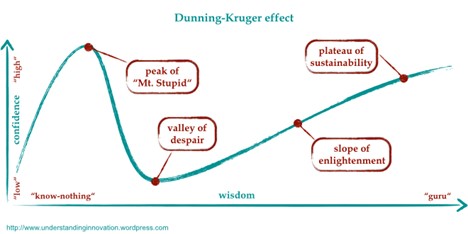ADVISORY ARTICLE
By Aina Aliieva
Toronto, Ontario, Canada
Do you have individuals on your team where the glass isn’t half full – it’s practically empty? Do you feel that just being around these individuals affects your mood and productivity?
We all have experienced negative attitudes, whether from our colleagues or within a circle of family and friends. It’s discouraging to be surrounded by negativity towards change, other employees, clients, and values over and over again. However, it is our job as leaders to change this. First, let’s start with the definition of toxicity.
There are many ways to describe it, and there is no right or wrong answer. A toxic person to me is an individual who doesn’t share and respect company/team values.
What kind of toxicity can the employee have?
There are way more but let’s have a look at the most common:
- Non-productive complaints about clients, coworkers, and leadership, the business itself;
- A belief that he/she is smarter than others and demonstrating this on any occasion;
- Gossip about coworkers, leadership, or clients;
- Criticizing and labelling others rather than offer some help;
- Manipulative behaviour. Denying to take responsibility. Avoiding making decisions. Learned helplessness;
- Constant disagreement with leadership and team members;
- Take a hostile position towards new ideas or process improvements. “That will never work!”
- They are quick to the point of mistakes of others;
- Self-oriented, rude and arrogant behaviour.
All of us have either worked with or supervised one of these types of negative employees. What’s more, some of us even behaved in these ways ourselves. As leaders, we need to learn how to motivate and coach these individuals towards more collaborative behaviour.
The key to success in this situation is an individual approach.
Dunning-Krueger effect
Many leaders might look at all negative coworkers as something solid and use one approach to communicate with all of them. However, for example, being self-oriented and arrogant is the opposite of avoiding taking responsibility. If we treat both of these individuals equally, we won’t have the effect we desire. Let’s look at the Dunning-Krueger curve to see the difference.

The Dunning–Kruger effect is a cognitive bias in which people with low ability at a task overestimate their ability. It is related to the cognitive bias of illusory superiority and comes from people’s inability to recognize their lack of ability. Without the self-awareness of metacognition, people cannot objectively evaluate their level of competence. (Wikipedia)
We can see on this graph that being at the different stages of mastering skills, people have a different feeling of confidence, level of knowledge and different perception of their work. So, identifying the place on this curve for a specific individual will help us a lot in creating an approach to coach or mentoring this individual.
More…
To read entire article, click here
How to cite this article: Aliieva, A. (2020). Toxic Team Player or Top Performer? PM World Journal, Vol. IX, Issue XII, December. Available online at https://pmworldlibrary.net/wp-content/uploads/2020/12/pmwj100-Dec2020-Aliieva-toxic-or-top-performer-advisory.pdf
About the Author

Aina Aliieva
Toronto, ON, Canada
![]()
![]()
Aina Aliieva is a Scrum Master with 4 years of experience in Project Management and 4 years in an Agile environment. She is also CEO and instructor in Bee Agile Tutoring. She teaches Project Management, Agile and goal setting for organizations around the world. She has managed and consulted on projects for the technical, construction, and engineering disciplines.
Aina has a Masters’s degree in electrical engineering and an MBA in technology. She has PMP and PMI-ACP certificates. Aina is an active member of PMI CWCC (Canadian West Coast Chapter), PMI Ukraine Chapter and UAE PMI. She is also a Program Manager, Disciplined Agile in PMI CWCC.
Aina is an experienced public speaker and coach. She also helps in personal planning and setting up goals. In her free time, Aina participates in different mentorship programs, speaks at webinars and interviews people for her personal blog.
She can be contacted at https://www.linkedin.com/in/aina-aliieva/
To view other works by Aina Aliieva, visit her author showcase in the PM World Library at https://pmworldlibrary.net/authors/aina-aliieva/









